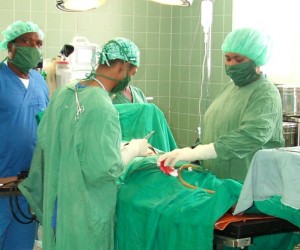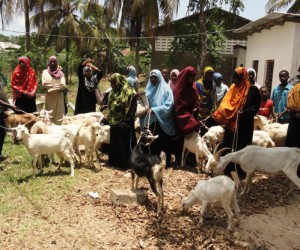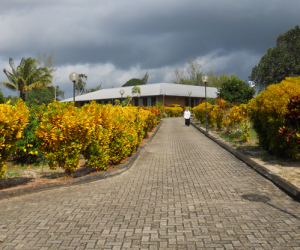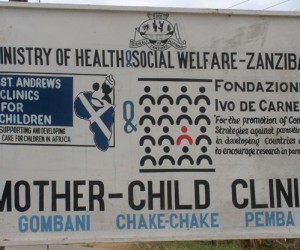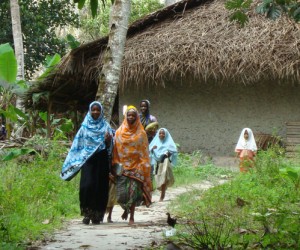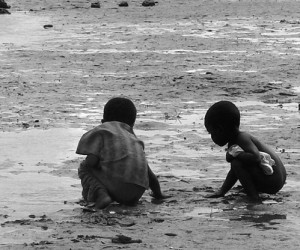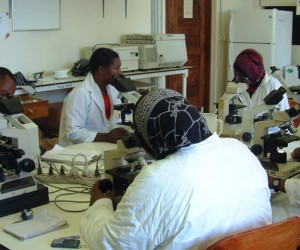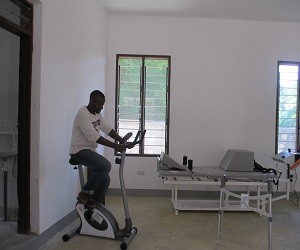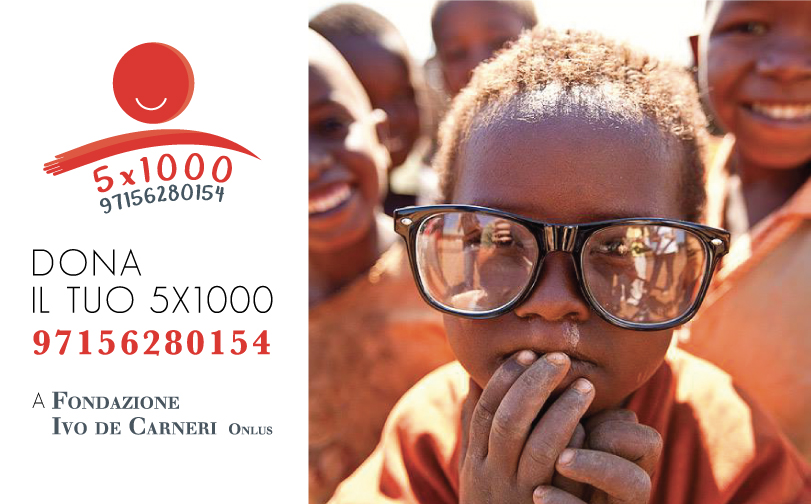Chake-Chake Hospital: ultrasound scanning Project

LOCATION
Chake-Chake Hospital
OBJECTIVES
- Goal: contributing to strenghtening the services offered by health structures in the district of Chake Chake, Pemba Island (Zanzibar, Tanzania).
- Objective: improving the diagnostic service offered by Chake Chake Hospital, particularly the diagnostic ultrasound scanning
DURATION
1 year
TOTAL COST
€ 22.280
DONORS
Partners:- Ivo de Carneri Foundation – Zanzibar Branch (IdCF-ZB);
- Chake Chake district Hospital
- Ministry of Health in Zanzibar
PROJECT PDF
click here
A new ultrasound scanner for Chake-Chake hospital
PROJECT DESCRIPTION
Ivo de Carneri Foundation has supported Chake Chake Hospital since 2007 (Surgery Project). With this initiative the training activity in ultrasound scanning carried out in Pemba Island between 2006 and 2010 starts again ( thanks to the cooperation with World Medical Colours Association – WMC).In particular, the project is based on the latest ' training course in basic ultrasound scanning' organized by FidC in Pemba and carried out in November 2014 by an Italian medical expert who has a multi-year experience in diagnostic and interventional ultrasound. The course, which was three weeks long, had been attended by 10 health workers, of which 9 were women from the main healthcare structures ( Chake Chake Hospital, Wete Hospital, Mkoani Hospital, Micheweni Hospital and the Dispensary for the care of mothers and children in Gombani; the latter has been supported by FidC since 2003). The aim of the course was teaching ultrasound scanning as an essenial tool for a correct clinical diagnosis and therefore as an extension of medical examination.The importance of ultrasound scan, infact, is due to its complementary nature compared to medical examination. It is a diagnostic method which is inexpensive, non-invasive, safe for pregnant women and their children ; the ultrsound scan can be repeated and can also work with no electricity, thanks to cutting edge machines on the market. Moreover, this method allows to carry out the diagnostic-therapeutic invasive procedures in a guided and safer way for patient. The diffusion of ultrasound clinics among health workers of Pemba Island, particularly those ones working in basic health units, would be a difference in quality for the diagnostic method and would have a decisive impact on clinical and positive evolution for patient.
CONTEXT
At the end of the educational path carried out in november 2014, students were asked to give an assessment of the course. The comments were positive: the course was considered very useful as for ultrasound scan is assessed a helpful instrument in clinical practice. Moreover, the trainees unanimously expressed: 1) their wishes to have an updated training within few months; 2) a steady use of this method on the job.During the practical sessions at Chake Chake Hospital the ultrasound scanner in use had operational and serious problems with no possibility of maintenance. Hence, it has become necessary to purchase a new machine in order to allow the medical staff to put in practice the theoretical knowledge and the tecnical expertise recently learnt and so to offer hospital users a more effective diagnostic ultrasound service.Moreover, we need to consider that, for its nature, ultrasound scanning requires continuous in-depth analyses and a steady practice; therefore, it is essential a refresher and consolidation course within few months since the end of the basic training. Nevertheless, a new basic course for other 6 health workers is considered of the utmost importance; this course may be held at Chake Chake Hospital by a local health worker selected for skills and competences.The aim is starting the spread of clinic ultrasound scanning in Pemba to be implemented in a step-by-step way and in the medium and long term, particularly in some selected basic health units (as it has been suggested by WHO guidelines for countries with limited resources as well).


